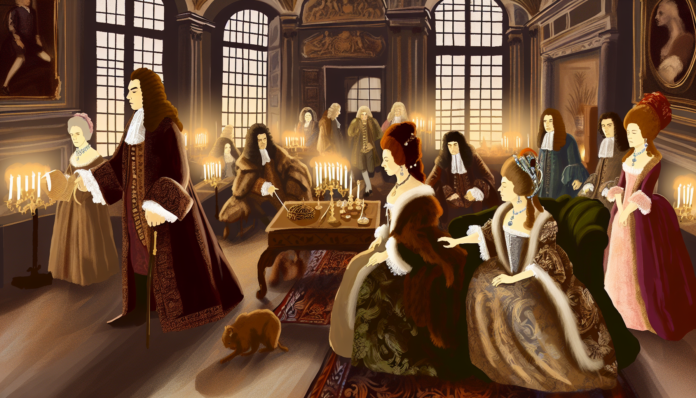Introduction
In the realm of historical sex scandals, few are as captivating as that of King Edward VII, whose notorious affairs changed the landscape of the British monarchy. Reigning from 1901 to 1910, Edward’s escapades were reflective of the shifting moral compass of early 20th-century society—a time when Victorian ideals clashed with a burgeoning modernity. As the first British monarch of the 20th century, Edward’s infidelities not only scandalized the court but also paved the way for a more liberal perspective on human sexuality.
The Scandal
King Edward VII’s reign was punctuated by rumors of numerous extramarital affairs, but the most infamous of these involved Lillie Langtry, a acclaimed actress and socialite. Their liaison captured public attention, particularly due to their secrecy and the scandalous nature of their meetings.
Key Events:
- Edward and Lillie’s affair began in the 1870s, well before he took the throne.
- Their encounters often involved clandestine meetings at royal residences, drawing the ire of the traditional elite and widespread gossip among London society.
- Key letters between the king and Langtry hinted at their passionate escapades but were marred by veiled language, reflecting societal taboos.
Public Reaction:
The media were quick to exploit the scandal; the Daily Mail and other newspapers had a field day printing provocative headlines. One quote that encapsulates the public sentiment of the time was by a shocked contemporary: “To think our King would play such games behind closed curtains!”
The scandal opened discussions about the morality of the monarchy and the burdens of public life. Some citizens viewed Edward’s infidelity as a trivial blip against the larger canvas of his commitment to reform, while others saw it as a glaring hypocrisy given the era’s stringent moral expectations.
Moral and Cultural Analysis
Societal Reaction:
The reaction to Edward’s affairs reflected a divided society:
- Conservatives: Outraged, they called for a return to Victorian values, decrying the king’s behavior as unbecoming of a monarch.
- Liberals: On the other hand, many saw Edward as a liberator of the stuffy morals of the past, arguing that his escapades humanized the monarchy.
Consequences:
Edward faced little to no serious consequence for his actions. In fact, his reputation for womanizing did not tarnish his reign; rather, it added a tantalizing allure to his public persona. His marriage to Queen Alexandra remained intact, albeit strained, as she tacitly accepted his escapades, leading many to wonder about her own private struggles.
Modern Perspectives:
Fast forward to the 21st century, and Edward’s dalliances would likely be interpreted through a lens of diversity and consent. Today’s discussions around infidelity would explore themes of open relationships, mutual agreements, and respect for all parties involved. Public opinion would likely be less judgmental, focusing on personal choice rather than strict adherence to monogamy.
In essence, while Edward’s affairs scandalized the Edwardian age, they also nudged the societal norms toward more progressive attitudes, setting a precedent that still resonates today. Would King Edward VII be vilified or celebrated in today’s pop culture? The answer might just depend on how society chooses to define love, loyalty, and personal freedom.

